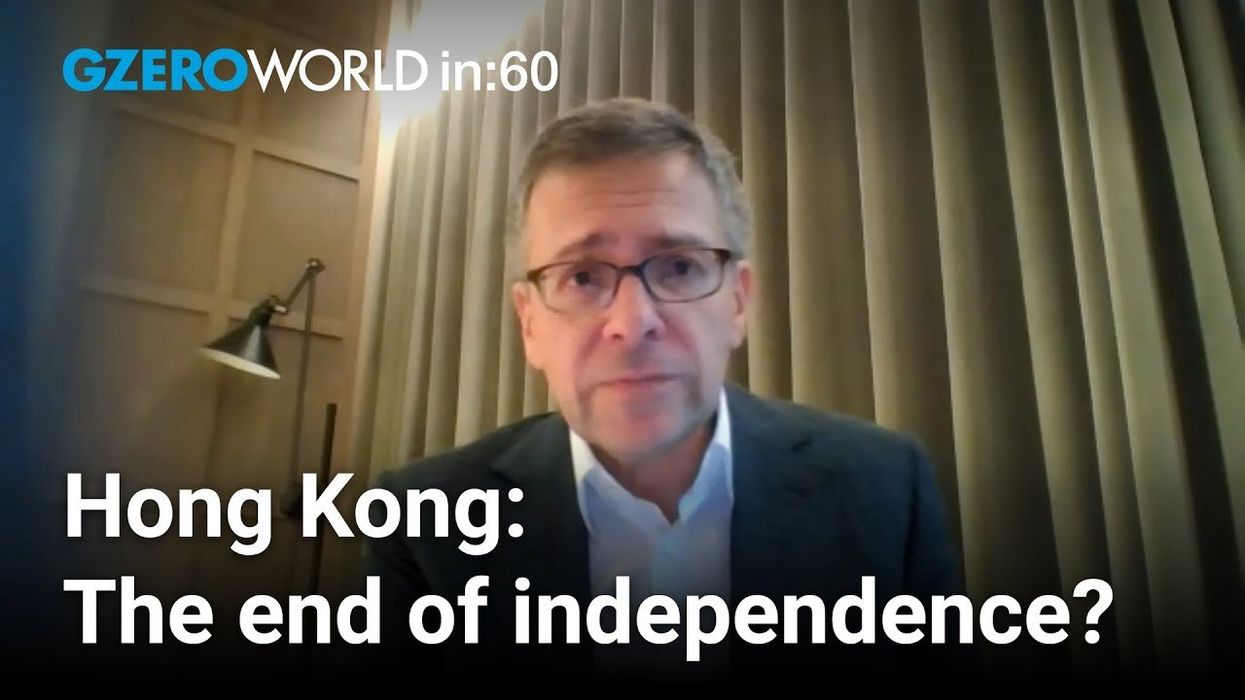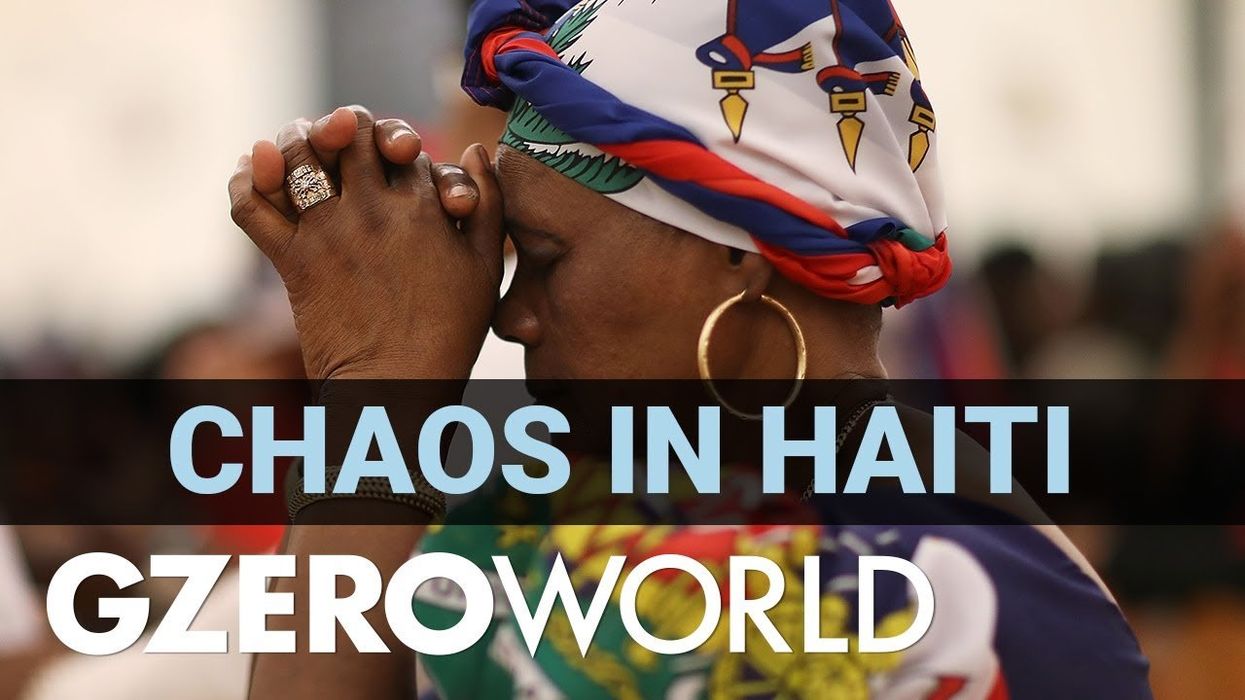ask ian
Hong Kong's new security law ends remaining political independence
How will the new security law affect all aspects of life in Hong Kong? Is Haiti becoming a failed state? Will Trump's difficulty paying his legal judgments hurt his campaign? Ian Bremmer shares his insights on global politics this week on World In :60.
Mar 19, 2024


